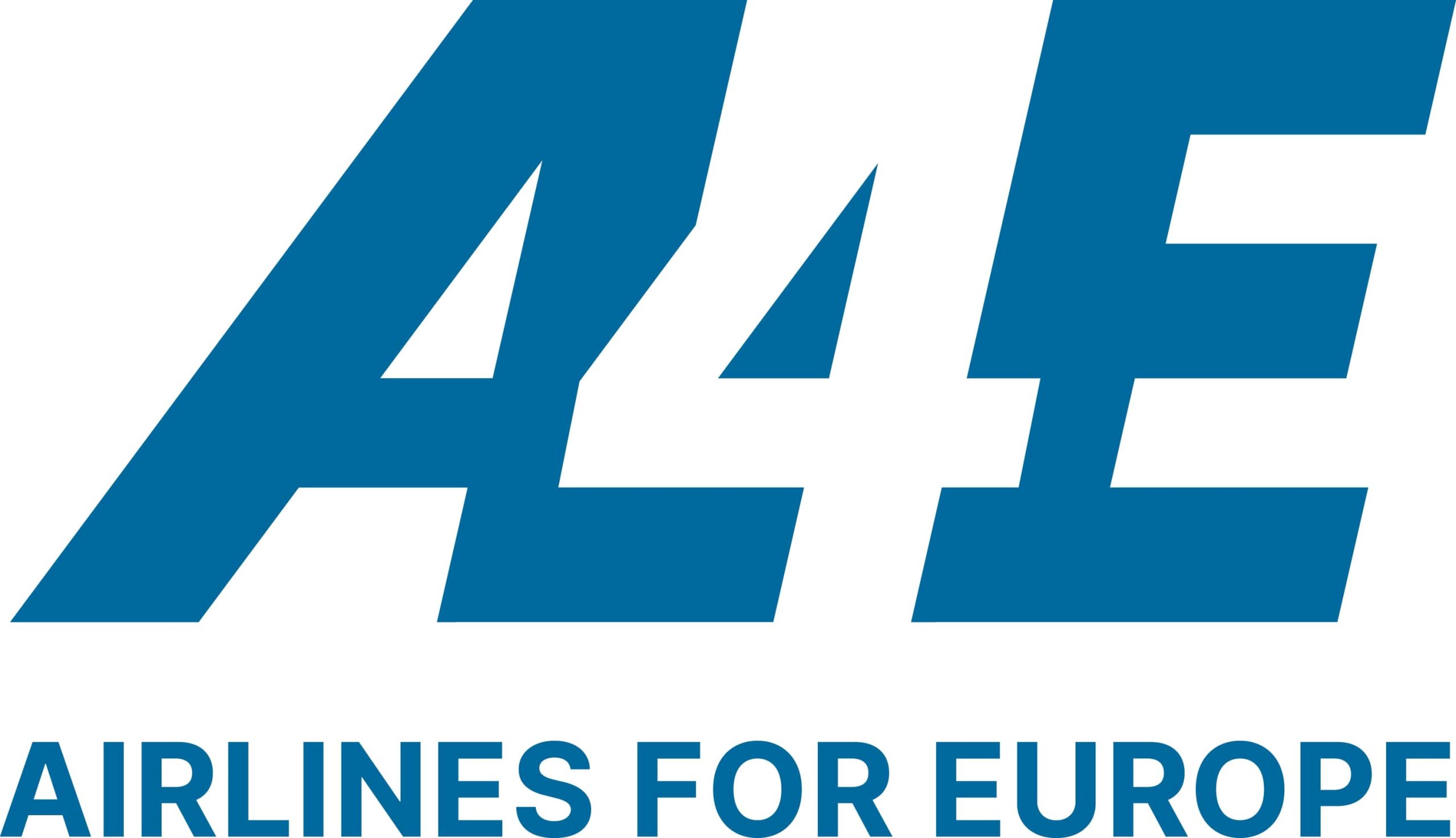Airline executives are urging swift reforms in Europe’s fragmented airspace to enhance competitiveness and address environmental impacts.
The European Union’s upcoming term will focus on modernising airspace infrastructure to meet future challenges, including significant emission reductions.
The Call for Reform
European airspace, described as outdated and fragmented, has been a growing concern for airline leaders. The urgency of reforming this airspace has gained attention as the European Union sets its priorities for the next five years. The aim is to ensure that the airspace is suitable for current and future demands, addressing environmental concerns and operational efficiency.
Airline chiefs assert that modernising the airspace could result in a significant reduction in emissions, potentially saving up to 90 million tonnes of CO2. Such improvements would not only bolster environmental efforts but also reinforce the competitiveness of European airlines in the global market.
Investment in Decarbonisation
Airlines for Europe (A4E), representing major carriers like Ryanair and British Airways, is calling for a substantial investment of €61 billion towards aviation’s decarbonisation by 2050. This investment is critical to meet ambitious climate goals while keeping the aviation sector globally competitive.
A key component in this strategy is increasing the production of Sustainable Aviation Fuels (SAFs). By reducing the cost-gap between SAFs and conventional jet fuels, airlines can make significant strides in sustainability. The sector’s climate targets, they argue, hinge on making SAFs more economically viable.
A Need for Bold, Decisive Action
Michael O’Leary, chair of A4E and Ryanair’s group CEO, stresses the importance of bold policy decisions by the EU. He emphasises the need for action that will enable European aviation to remain innovative and competitive, ensuring it can meet the demands of passengers and environmental targets.
O’Leary has underscored that the industry is eager for reforms that will allow it to thrive. He points out that the upcoming EU term is pivotal, with high expectations for leadership to facilitate necessary progress.
Moreover, O’Leary warns that any delay in aircraft deliveries, particularly from Boeing, could hamper Ryanair’s growth projections for the coming year due to uncertainties around the scheduled arrivals of new aircraft.
Challenges in Aircraft Deliveries
The issue of delayed aircraft deliveries presents a tangible challenge for airlines. Ryanair, anticipating the delivery of 30 Boeing 737s, faces potential setbacks due to strikes affecting production. Such delays create a ripple effect, hindering airlines’ ability to strategize for future growth.
O’Leary expresses concerns over these disruptions, noting that while some deliveries may catch up by early next year, the consistency of supply remains uncertain.
These delivery challenges could compel Ryanair to adjust its traffic growth expectations for the next year, a situation they are keen to avoid, based on past experiences where similar circumstances led to increased costs due to overstaffing and capacity planning.
Working Together with the EU
A4E managing director Ourania Georgoutsakou highlights the necessity of a collaborative approach with the EU to achieve these pressing reforms. She stresses that creating a level playing field is essential for sustaining a competitive airline industry in Europe.
Georgoutsakou articulates the industry’s readiness to cooperate with policymakers to advance these initiatives, underlining the importance of airspace reform and sustainability in keeping the single market integrated.
With expectations high, the industry is poised to work alongside EU officials to bring about transformative changes that will serve the interests of both the aviation sector and its passengers.
Ryanair’s Strategic Concerns
In a bid to avoid past mistakes, Ryanair is strategically approaching its growth plans with caution. O’Leary outlines potential adjustments in their traffic growth forecasts if aircraft delivery issues aren’t resolved.
While Ryanair aims to grow, it remains vigilant about striking a balance between staffing and fleet capacity to avoid unnecessary expenditure. This cautious strategy is a response to previous missteps where the airline incurred costs due to overexpansion without the requisite aircraft delivery.
O’Leary’s engagement with Boeing’s leadership reflects the airline’s proactive stance in resolving these delivery issues, which are critical to its operational strategy.
The Road Ahead for European Aviation
The reform of European airspace and investment in sustainable practices remain pivotal for the future of aviation in the continent. Industry leaders are united in calling for decisive action to ensure that European airlines can remain at the forefront of global aviation innovation.
With the EU’s support, the sector hopes to navigate these challenges effectively, securing its position as a leader in sustainable and competitive air travel.
The European aviation sector stands at a crossroads, necessitating bold reforms to ensure sustainability and competitiveness.
With strategic investments and cooperation with the EU, airlines aim to overcome current hurdles and pioneer future advancements.

